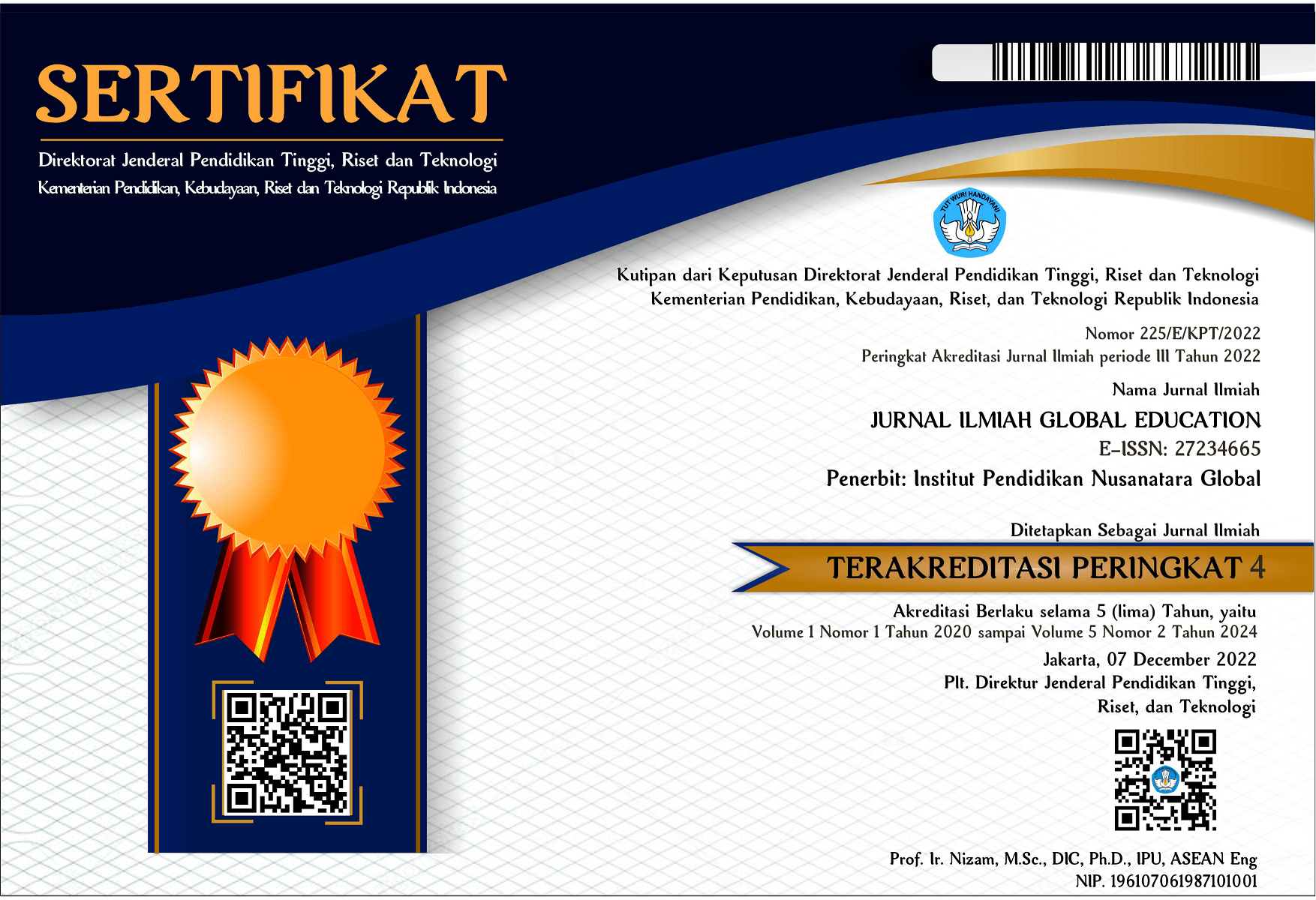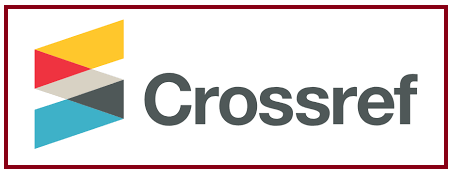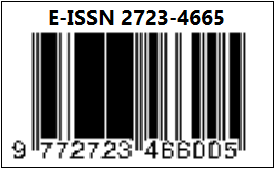Manajemen Dana Bank Syariah Dalam Perspektif Islam
DOI:
https://doi.org/10.55681/jige.v5i2.2704Keywords:
Fund Management, Sharia Bank, IslamAbstract
The fundamental precepts of Islamic jurisprudence, which proscribe usury and ambiguity, serve as the cornerstone for the operational framework governing fund management within Islamic banking institutions. Various financial products and services pertaining to fund management, including Islamic financing and trust investment, are structured to afford clientele the opportunity to administer their assets in alignment with Shariah tenets. It is imperative to recognize that fund management within Islamic banks transcends mere technical proficiency, encompassing a profound ethical dimension inherent in the delivery of financial services. The primary objective of this investigation is to elucidate the multifaceted role of Islamic banks as not solely profit-centric entities, but as catalyzing agents of societal transformation, advocating principles of equitable distribution and enduring economic viability. As Islamic banks assume an increasingly prominent position within the global financial landscape, empirical findings underscore their capacity to effectuate positive socio-economic change through adept investment strategies and judicious utilization of technological resources. This empirical inquiry underscores the potential of Islamic banks to foster equitable and sustainable economic development consonant with the precepts delineated in the Quranic scripture, Hadith traditions, and scholarly consensus.
Downloads
References
Arumingtyas, F., Rukmana, A. Y., Nawatmi, S., Lubis, A., Aigit, A., & Nusantara, A. (2023). Manajemen Ekonomi Syariah: Prinsip, Praktik, Dan Implementasi. Padang: Get Press Indonesia
Aziz, A. (2010). Manajemen Investasi Syariah. Bandung: CV. Alfabeta
Budianto, E. W. H. (2023). Research Mapping of Credit Risks in Islamic and Conventional Banking: VOSviewer Bibliometric Study and Literatur Review. BANCO: Jurnal Manajemen Dan Perbankan Syariah, 5(1), 20-34. https://doi.org/10.35905/banco.v5i1.4987
Budiono, A. (2017). Penerapan Prinsip Syariah Pada Lembaga Keuangan Syariah. Law and Justice, 2(1), 54–65. https://doi.org/10.23917/laj.v2i1.4337
Djamil, N. (2023). Akuntansi Terintegrasi Islam : Alternatif Model Dalam Penyusunan Laporan Keuangan: Islamic Integrated Accounting : Alternative Models in Preparing Financial Statements. JAAMTER : Jurnal Audit Akuntansi Manajemen Terintegrasi, 1(1), 1–10. https://doi.org/10.5281/zenodo.8384951
Hendrarto, C. (2020). Membangun Ekonomi Berkeadilan Di Desa : Melalui BUMDes Syariah. Jakarta: Kementerian Desa PDT dan Transmigrasi
Lewis, M. K., & Algaoud, L. M. (2003). Perbankan Syariah: Prinsip, Pratik, Dan Prospek. Jakarta: Serambi Ilmu Semesta
Manurung, N. T. N., & Batubara, C. (2023). Pengelolaan Keuangan Masjid Berbasis Manajemen Keuangan Syariah. EBMA: Ekonomi Bisnis Manajemen Dan Akuntansi, 4(1), 1817–1825. https://doi.org/10.36987/ebma.v4i1.4639
Mas’ut, M., Mustofa, M. S., Dianto, A. Y., & Udin, M. F. (2023). Model Manajemen Resiko pada Lembaga Keuangan Syariah. Indonesian Journal of Humanities and Social Sciences, 4(3), 725-740. https://doi.org/10.33367/ijhass.v4i3.4584
Maulana, M. I. S., Firdan, M., Sabilla, S. R., & Hakam, A. (2022). PERKEMBANGAN PERBANKAN SYARIAH DI ERA DIGITALISASI. IQTISADIE: Journal of Islamic Banking and Shariah Economy, 2(1), 85-110. https://doi.org/10.36781/iqtisadie.v2i1.225
Muchlis, R. (2018). Analisis SWOT Financial Technology (Fintech) Pembiayaan Perbankan Syariah Di Indonesia (Studi Kasus 4 Bank Syariah Di Kota Medan). At-Tawassuth: Jurnal Ekonomi Islam, 3(2), 335–357. http://dx.doi.org/10.30821/ajei.v1i1.2735
Sari, N. (2016). MANAJEMEN DANA BANK SYARIAH. Al-Maslahah : Jurnal Ilmu Syariah, 12(1). https://doi.org/10.24260/almaslahah.v12i1.341
Shabri, H. (2022). Transformasi Digital Industri Perbankan Syariah Indonesia . El-Kahfi | Journal of Islamic Economics, 3(02), 228-234. https://doi.org/10.58958/elkahfi.v3i02.88
Suparyanto, D. (2018). Prospek Perbankan Syariah di Indonesia. Al-Insyiroh: Jurnal Studi Keislaman, 2(2), 170–181. https://doi.org/10.35309/alinsyiroh.v2i2.3328
Tektona, R. I., Junaedi, M., Purwoto, A., Dewi, P. M., & Bidari, A. S. (2023). Hukum Ekonomi Syariah. Serang-Banten: PT. Sada Kurnia Pustaka
Downloads
Published
How to Cite
Issue
Section
License
Copyright (c) 2024 Nur Hadi, Irwanda Ardhi Wijaya

This work is licensed under a Creative Commons Attribution-ShareAlike 4.0 International License.













